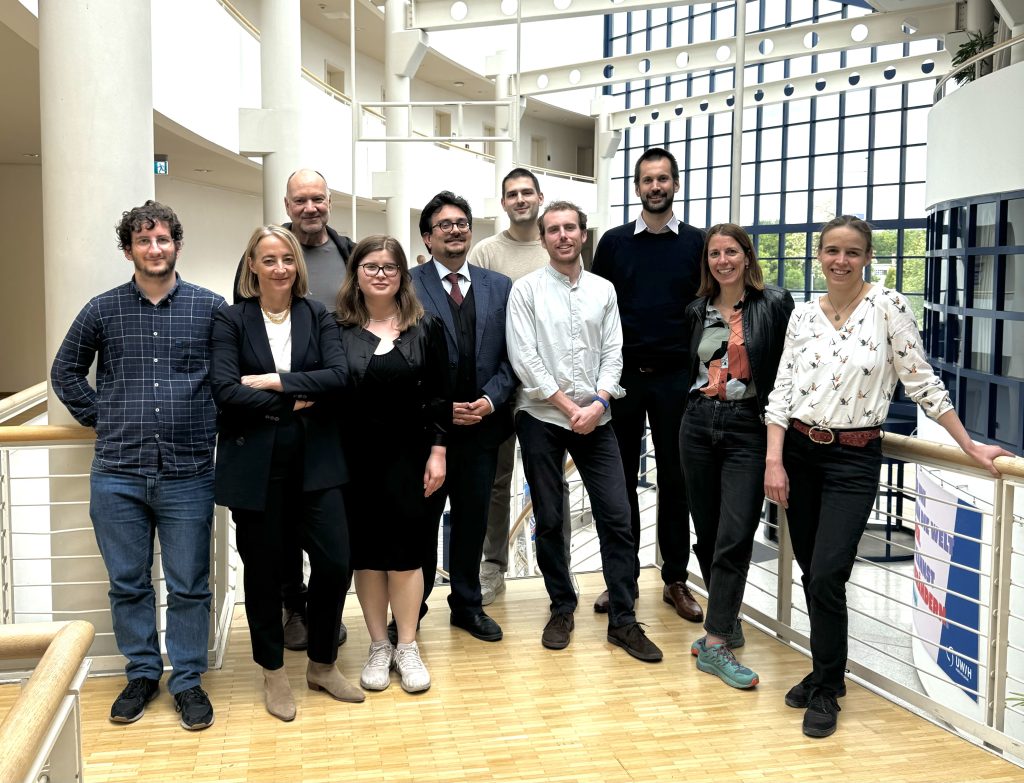On 22-23 May, Witten/Herdecke University hosted a DANGER project workshop, bringing together leading scholars in the field to discuss the dynamics of political violence and its impact on democratic resilience.
The DANGER project, funded by the European Research Council, examines how political violence can trigger democratic breakdown and how political elites respond to anti-democratic forces, with a focus on Europe’s interwar period (1919-1939). Using computational methods and historical data, the project aims to build models to assess risks to contemporary democracies.
The workshop welcomed prominent guest speakers: Ursula Daxecker (University of Amsterdam), Stathis Kalyvas (University of Oxford), Andrea Ruggeri (University of Milan), and Christina Zuber (University of Konstanz / EUI). The invited guests shared their ongoing research on violence, conflict, authoritarianism, and the challenges to democratic systems. PhD researchers from UW/H presented their developing work within the project and received constructive feedback from major specialists in the field.
During the workshop, Nils-Christian Bormann, the project’s principal investigator, outlined its core ideas and shared recent publications in top-ranked journals, including a comprehensive dataset on interwar parliamentary cabinets.
The discussions placed particular emphasis on the legacies of interwar Europe and the emergence of radical-right ideologies. In the current context of democratic backsliding, these historical lessons are especially relevant.
